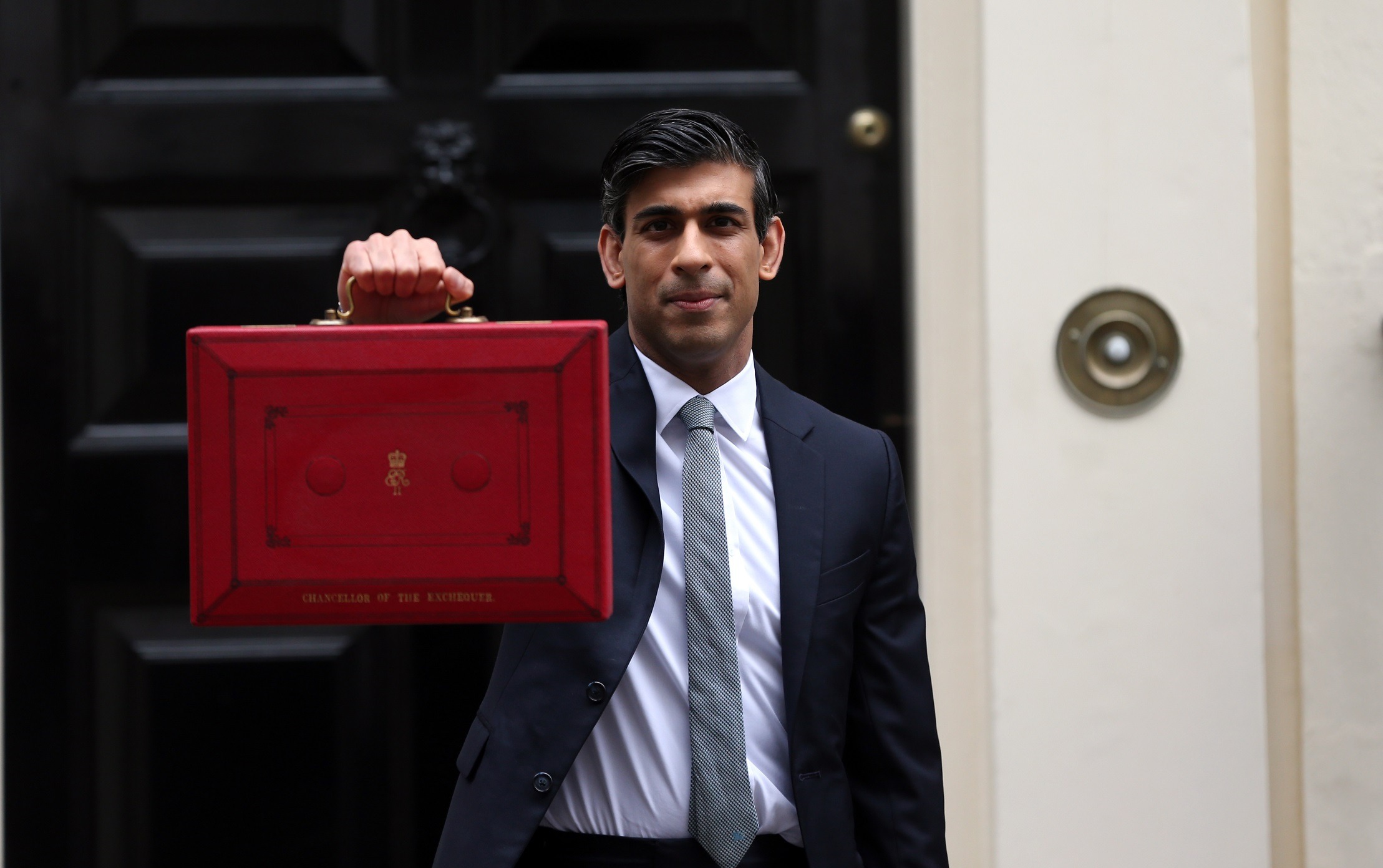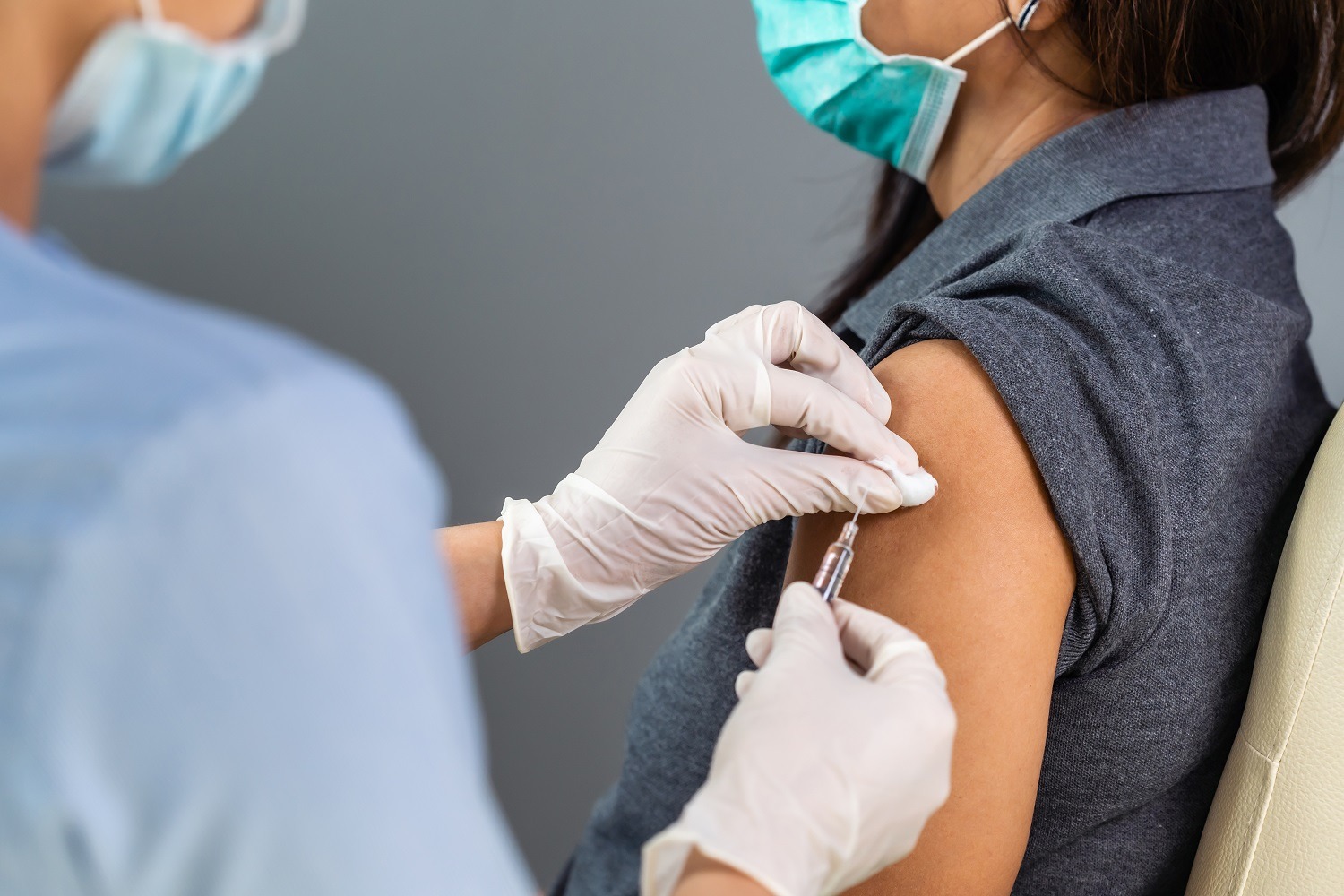
The economic fallout resulting from the Covid-19 pandemic meant this year’s annual UK Budget was subject to particularly intense speculation prior to it being announced earlier this week – with healthcare, innovation and the life sciences sector in general ranking high on the agenda.
Chancellor of the Exchequer Rishi Sunak’s presentation of the Budget in the House of Commons held a particular emphasis on an “investment-led recovery” from the global health crisis, and supporting the country’s businesses moving forward.
Research and development (R&D) and vaccine manufacturing also featured prominently, as the government put forward its blueprint for making the UK a competitive hub of scientific innovation.
We take a closer look at all the policies and measures outlined in the UK Budget that are likely to have a tangible impact on both larger life sciences firms, and smaller companies operating in this sector.
Driving innovation in life sciences
In its Budget, the government identified the low adoption of digital technologies and software – compared to its international competitors – as a major factor behind the relatively poor productivity performance of UK SMEs (small and medium-sized enterprises) in recent years.
To tackle these long-standing issues, it is therefore taking steps to stimulate private sector investment in both the medium- and long-term future, and says it intends to create both jobs and hubs of innovation in the process.
One of the more prominent of these steps is a “radical” new super-deduction that allows companies to cut their tax bill by up to 25p for every £1 they invest in certain new plant and machinery assets.
This is part of the government’s attempts to ensure the UK capital allowances regime is among the world’s most competitive.
The Future Fund – a new, direct co-investment product – will also see the government commit £375m to support the scaling up of the country’s most innovative, R&D-intensive businesses.
Under this fund, the British Business Bank will take equity in funding rounds of more than £20m led by private investors to ensure these companies can access the money they need to grow and prosper.
Under the government’s new Help to Grow scheme, there are two key policies that look set to benefit SMEs across the country as well.

The first of these, management, will see the introduction of a new management programme to upskill 30,000 SMEs in the UK over three years. Taking place over 12 weeks, and being 90% subsidised by the government, this programme intends to equip SMEs with the tools to grow their businesses and thrive.
Meanwhile, the digital arm of the Help to Grow scheme will provide free online advice and a discount to adopt productivity-enhancing software that will help up to 100,000 SMEs across the UK save time and money – in an attempt to transform the way they do business.
It will combine a voucher covering up to half of the costs of approved softwares, up to a maximum of £5,000, with free impartial advice delivered through an online platform.
The Budget also details how the government will introduce a cap on the amount of SME-payable R&D tax credit a business can receive in any one year, in order to “deter abuse” of R&D relief, while a call for evidence on if – or how – more UK companies should be able to access EMI (enterprise management incentives) aims to help them recruit and retain the talent they need to scale up.
As part of its attempts to “level up” all UK communities, the government outlined a £400m New Deal for Northern Ireland (NDNI) package, and a sizeable chunk of this will go towards building greater resilience in medicine supply chains, and supporting skills development, in the devolved nation.
High-skilled migration was another topic highlighted in the Budget, with the government set to harness the immigration system to help the UK attract and retain the most highly skilled workers from across the globe – with a particular focus on academia, science, research and technology.
To do this, the government will introduce several visa changes and work to modernise the immigration sponsorship system moving forward.
What does the UK Budget say about frontline healthcare?
The government says it has provided £63bn to UK frontline healthcare services over the past year in the fight against Covid-19 – including £22bn on the Test and Trace programme, £15bn on procuring PPE (personal protective equipment) and £5bn on the ongoing vaccine rollout.
In order to assist the NHS in recovering from the pandemic, the government has now announced an additional £3bn for the coming fiscal year of 2021-22.
About £1bn of this will be put into efforts to begin tackling the nationwide backlog of elective procedures and healthcare services. Specifically, this investment is intended to help hospitals cut long waits for care by carrying out up to one million extra checks, scans, and additional operations or other procedures.
The £3bn commitment also includes funding to help to address waiting times for mental health services, give more people the mental health support they need, and invest in the NHS workforce.
A further £163m is being put towards increasing supplies of key medicines for treating coronavirus patients as well.
Another frontline care-related policy outlined under the Budget is confirmation that VAT on PPE will now remain in place heading into the new fiscal year.
The government introduced a temporary zero rate of VAT on these products in April 2020 due to widespread shortages, which was then lifted on 31 October after new measures like the PPE Portal were put in place to ensure a sufficient supply of protective equipment to affected sectors.
Since the beginning of 2021, tariffs on medical products used to help fight against the pandemic – such as Covid-19 testing kits and medicines – have also been suspended by the government in an effort to lower costs on these critical items for UK organisations. These measures now look set to remain in place moving into the new fiscal year as well.
Covid-19 vaccines
With Covid-19 vaccines set to be the single most important product coming out of the broader life sciences sector for months, if not years, to come, the government has announced it will invest £28m to boost Public Health England’s capacity for vaccine testing and clinical trials.
The government believes this funding will also improve the UK’s ability to rapidly acquire samples of new coronavirus variants, and ensure that all parts of the country are in the best position to secure access to successful vaccine candidates as quickly as possible.
In order to enhance the country’s ability to respond to new variants, and get ahead of the current health crisis – as well as future pandemic threats – the government is investing £5m in clinical-scale mRNA vaccine manufacturing for Darlington’s Centre for Process Innovation too.
In addition to the £9m that has already been provided for this purpose, the funding will be used to create a library of mRNA vaccines for Covid-19 variants, with a view to enabling rapid response deployment so the UK can get ahead of potential virus variants.

The government says this is an attempt to capitalise on the country’s strengths in biosciences, and will enable development of a set of potential coronavirus vaccine updates – in a way that’s not dissimilar to how annual flu vaccine updates are developed.
Through its 2021 Budget, the government is also providing £22m for new and expanded vaccine studies, which will include the expansion of the world’s first trial that involves combining different vaccines as part of a two-dose regime.
Additionally, it will fund the world’s first study assessing the effectiveness of a third vaccine dose to improve the response against current and future variants of Covid-19 even further.
And, to boost the “unprecedented national effort” that has seen more than 20 million people receive their first vaccine dose to date in the UK, the government has made a total of more than £6bn available to develop and procure Covid-19 vaccines – with £733m pledged to the UK Vaccines Taskforce in 2021-22 to purchase successful vaccines, and £128m going towards R&D and vaccine manufacturing.
The Budget also states that further funding will be allocated from this Covid-19 reserve “as needed”.






